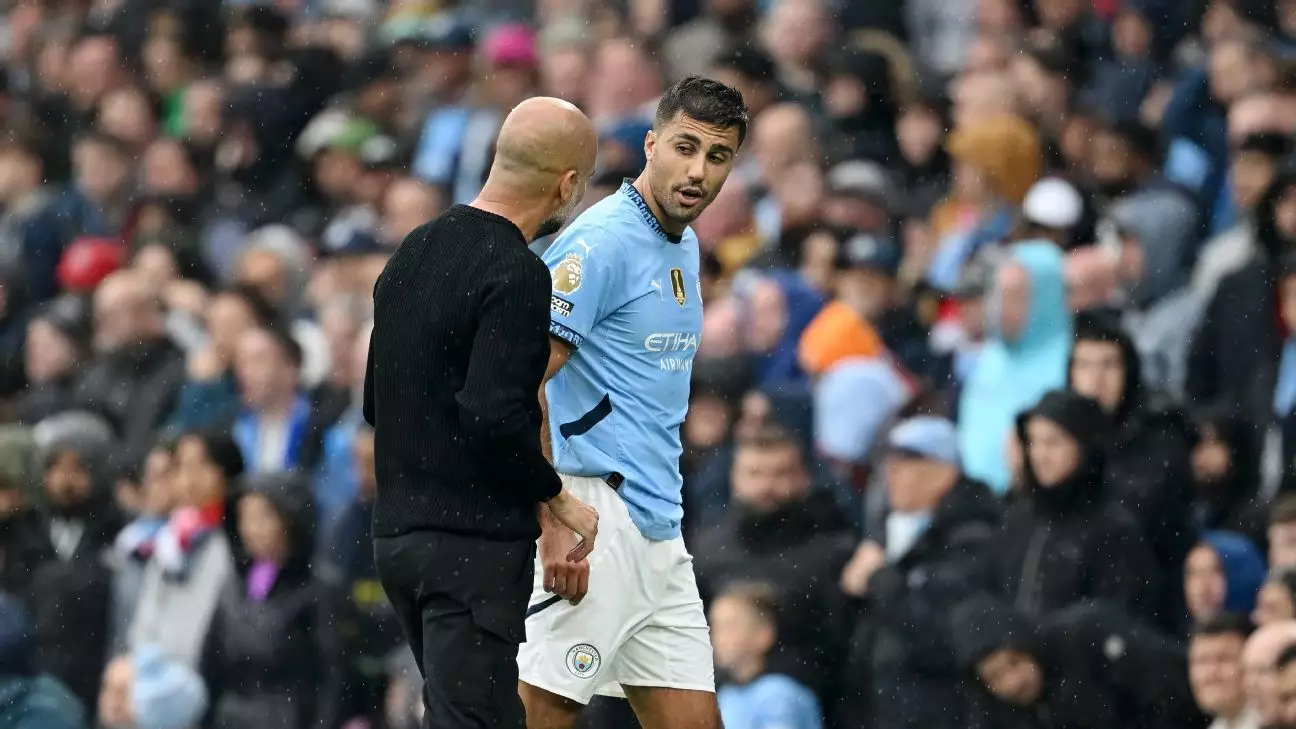Recent revelations highlight a growing crisis in professional football regarding the health and safety standards that govern player welfare. A comprehensive report from Katholieke Universiteit Leuven (KU Leuven), commissioned by FIFPRO, the global union for professional football players, has exposed the alarming neglect of necessary safety protocols within the sport. This investigation comes against the backdrop of a joint complaint submitted to European antitrust regulators, challenging FIFA’s oversight regarding the expanding international football calendar and its detrimental effects on player health.
The accusations leveled against FIFA underscore a broader issue: the sports industry often treats players not as professionals deserving of workplace protections but as expendable assets. The autonomy exercised by FIFA has not only raised ethical questions about the treatment of athletes but has also prompted legal discussions regarding adherence to established labor rights. As Frank Hendrickx, a labor law expert at KU Leuven points out, there is an urgent need for the enforcement of labor standards within professional sports, treating players as full-fledged workers entitled to protections like any other employee.
One of the focal points of the KU Leuven report is the dramatic increase in the number of competitions and the subsequent strain on players. For instance, the upcoming expansion of the FIFA Club World Cup from seven to 32 teams has significantly compressed the time between leagues, leaving precious little time for player recovery. Such a packed schedule fosters not only physical fatigue but mental strain as well, as players struggle to balance the demands of constant travel, late-night games, and inadequate rest.
According to Lode Godderis, a professor specializing in occupational health and safety, players report heightened levels of fatigue, which correlates with a rising incidence of injuries that eclipses rates seen in other industries. The cumulative effects of these stressors pose a significant risk not just to performance but to the long-term health of players. Given this reality, the failure of governing bodies to prioritize the well-being of athletes seems imprudent at best and reckless at worst.
The findings indicate that FIFA’s decisions severely hinder compliance with collective bargaining agreements aimed at protecting players’ rights. Legal experts, such as Alfonso Lamadrid, argue that FIFA’s control over the international match calendar represents an abuse of its dominant position, violating European Union law. The concerns voiced by FIFPRO and other leagues about FIFA’s disregard for health and safety principles signify a wider institutional failure, raising questions about accountability and long-term governance structures in professional football.
As more players voice concerns over their demanding schedules, the tide may be turning to create a more equitable playing environment. The involvement of various football unions from England, France, and Italy positioned in legal actions against FIFA points toward a collective acknowledgment of issues that have long been sidelined.
The overarching narrative from FIFPRO and the associated research purports a significant shift in how player welfare needs to be addressed in professional football. As Alexander Bielefeld of FIFPRO noted, players are increasingly vocal about their challenges and are unwilling to accept the status quo. This collective sentiment of discontent represents a potential turning point—an opportunity for reform that considers the holistic health of footballers.
The continued advocacy for improved safety standards as highlighted by the KU Leuven report is critical. This advocacy must evolve into actionable reforms that incorporate player input and address systemic flaws within the sport’s organizational frameworks. A failure to act will not only compromise player health but could jeopardize the integrity of the sport itself. Going forward, it is essential for FIFA and other governing bodies to prioritize the well-being of athletes and ensure they not only enjoy the highs of their careers but also the long-term benefits derived from a healthier work environment.

